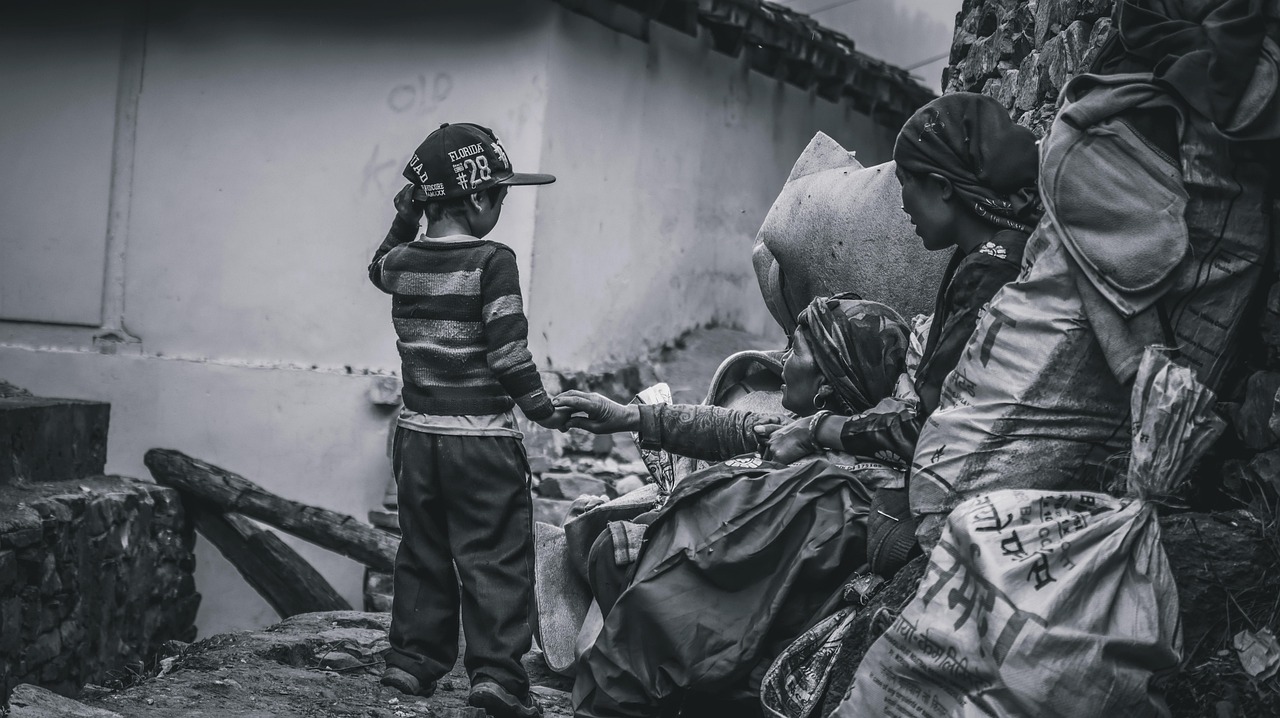Context and Issue
The Jordanian Education system is halfway through implementing its 2018-2022 Education Strategic Plan (ESP), which builds upon the previous Education Reform for the Knowledge Economy (ERfKE) and aligns with the Human Resources Development Strategy 2016. Emphasizing access to quality education for all children in Jordan, the ESP underscores the importance of inclusion. Efforts in this regard have led to the development of the ten-year National Inclusive Education Strategy (NIES), endorsed by the Ministry of Education (MoE) and expected to integrate into the ongoing ESP.
Solution
The NIES outlines nine components to enable children with disabilities to access education and enjoy learning in supportive environments. To kick-start the implementation of NIES, a three-year action plan has been developed by the Higher Council for the Rights of Persons with Disabilities (HCD) and MoE. Additionally, projects like PROMISE, supported by GIZ, focus on enhancing national planning, capacity-building, and awareness-raising for inclusive education.
Impact
Several interventions and efforts, including the Inclusive Education Guideline Manual, Towards Greater Inclusion and Diversity in Education project, Accelerating Access to Education Initiative 2.0, and the USAID Enhancing School Management Project, are contributing to advancing inclusive education in Jordan. However, an evaluation reveals that while progress has been made, there are limitations in achieving true inclusivity, particularly in terms of the reliance on resource rooms.












